What to do if you have problems with your neighbours
What to do if you have problems with your neighbours
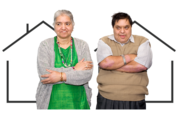
Everyone gets upset with their neighbours sometimes.

Sometimes things get better on their own.
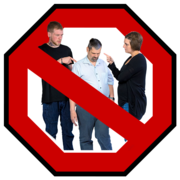
But it's not OK for your neighbours to treat you badly.
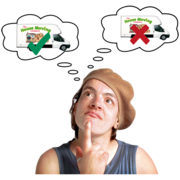
Bad neighbours might make you want to leave your home.
But that is not always a good idea because:

- it could be very hard to find a new place to live
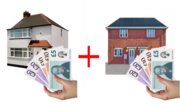
- you might have to pay for your old home and for the new place
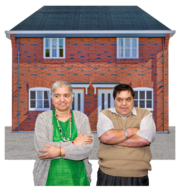
- the new place might not be better
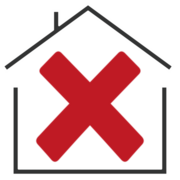
- you may become homeless.

Instead of moving, you can do other things to make your neighbours stop treating you badly.
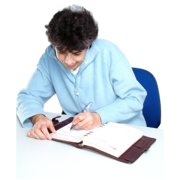
1. Make notes about what happens
Write down:
- what your neighbour does
- the date they do it
- the time they do it.
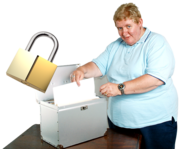
Keep your notes safe.

You might need to show your notes to people who help you.

You can record yourself on your phone instead.
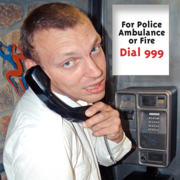
2. Call 999 if your neighbours have hurt you or said they will hurt you
Ask for the police or an ambulance.
Tell the person you speak to exactly what happened.
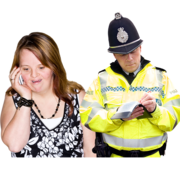
The police might want to talk to you straight away
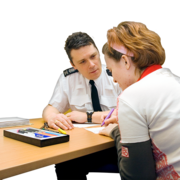
or organise a meeting later.
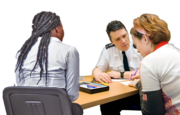
You can bring someone to the meeting with you.
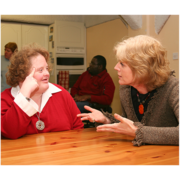
3. Ask your council for help if your neighbours treat you badly
Tell your Housing Officer what happened.
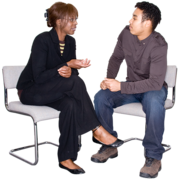
Tell your
support worker
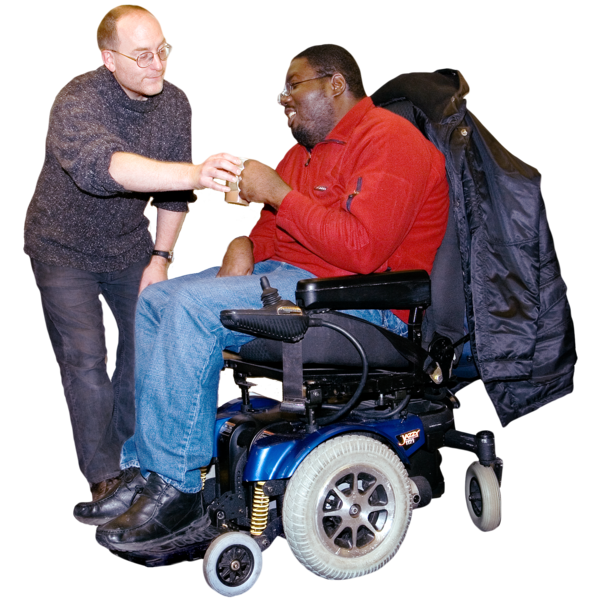 Support workers
Support workers
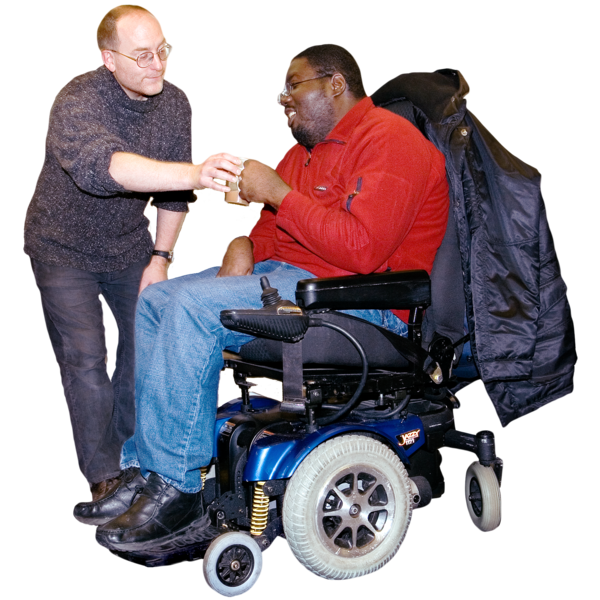 Support workers are people who are paid to give care and support to people who need it.
are people who are paid to give care and support to people who need it.
or
social worker
Support workers are people who are paid to give care and support to people who need it.
are people who are paid to give care and support to people who need it.
or
social worker
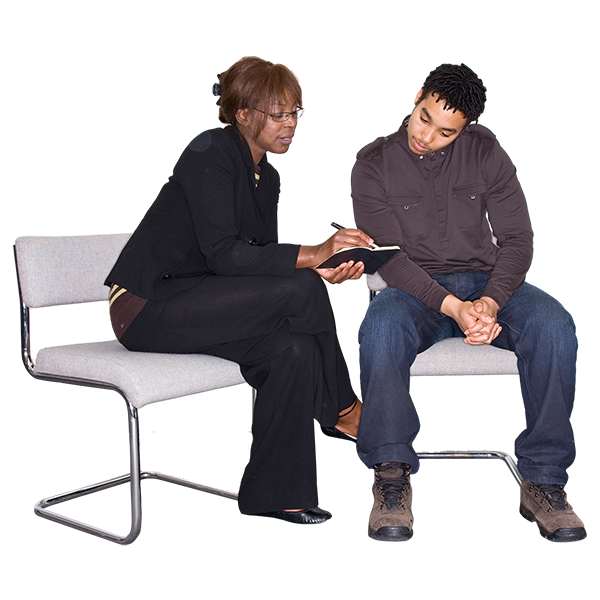 A social worker is someone who can help you get the support you need. Social workers usually work for your local
council
A social worker is someone who can help you get the support you need. Social workers usually work for your local
council
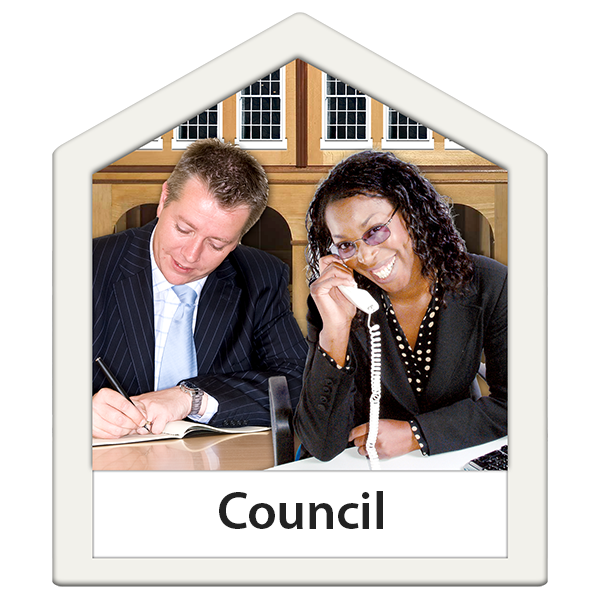 A council is also called a
local authority
A council is also called a
local authority
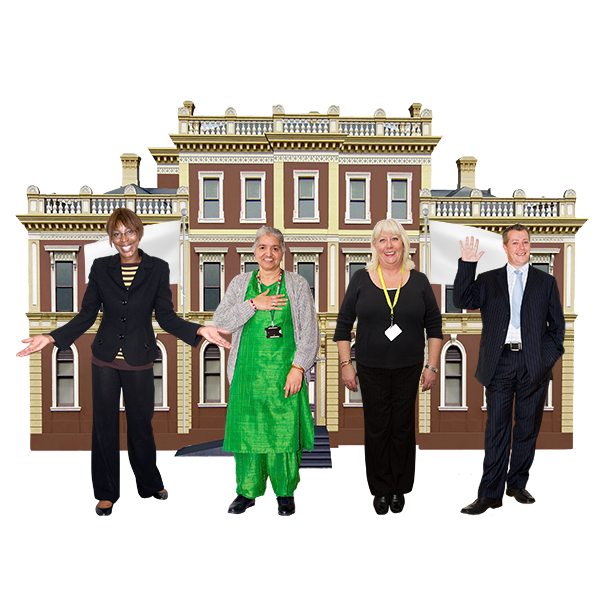 A local authority is also called a council. They are a group of people who make decisions about some of the things in the area where you live like schools,
social care
A local authority is also called a council. They are a group of people who make decisions about some of the things in the area where you live like schools,
social care
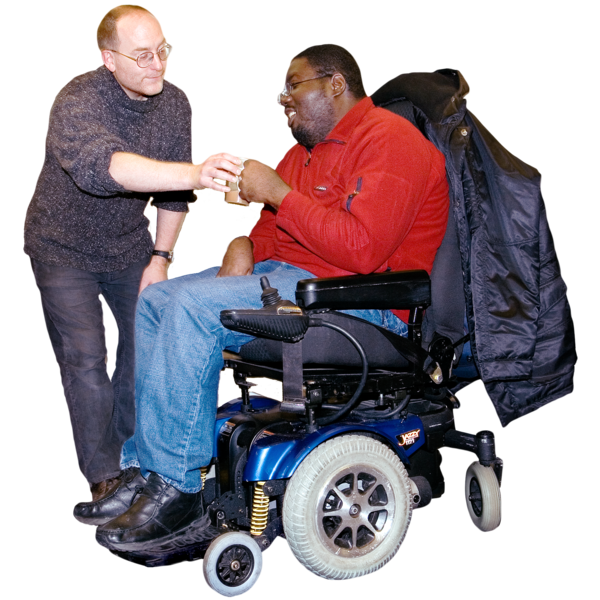 Social care means the services that give care and support to people who need it.
(support for people), parks and dustbin collection.
. They are a group of people who make decisions about some of the things in the area where you live. These include: schools, social care (support for people), parks and dustbin collection.
.
what happened.
Social care means the services that give care and support to people who need it.
(support for people), parks and dustbin collection.
. They are a group of people who make decisions about some of the things in the area where you live. These include: schools, social care (support for people), parks and dustbin collection.
.
what happened.
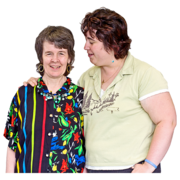
Tell a family member or someone you trust what happened.
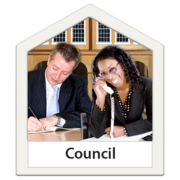
They could help you contact the council.
You can ask the council for help with bad neighbours.
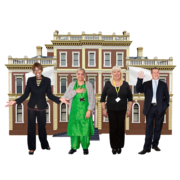
Councils have something called
Antisocial Behaviour
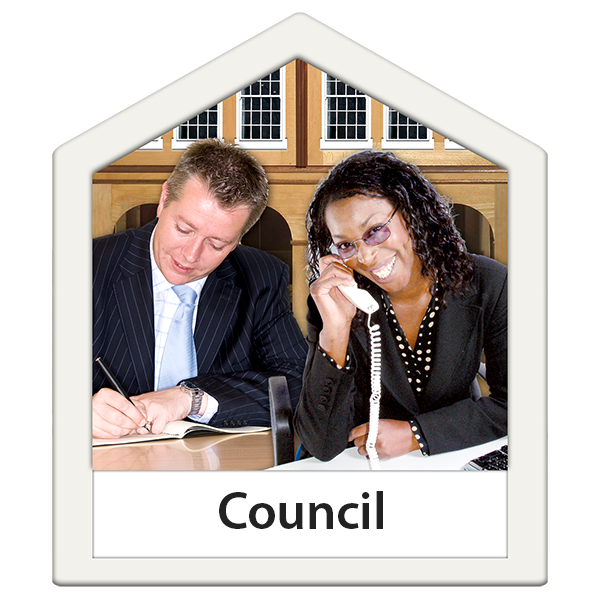 Antisocial behaviour (ASB) is when someone who doesn't live with you annoys, harms or upsets you.
Antisocial behaviour (ASB) is when someone who doesn't live with you annoys, harms or upsets you.
Types of antisocial behaviour are: saying nasty things, hitting you, making loud noises, making you angry or scared.
(ASB) teams.
Antisocial behaviour (ASB) is when someone who does not live with you annoys, harms or upsets you.
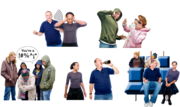
Some examples of antisocial behaviour are:
- bullying
- saying nasty things
- hitting you
- making regular or loud, annoying noises
- making you angry or scared
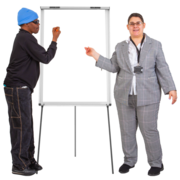
Antisocial behaviour teams are trained to deal with bad behaviour.
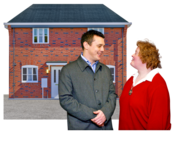
They can talk to your neighbours.
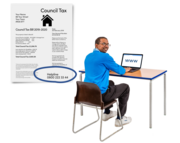
You can find your council's contact details:
- online
- on your
council tax
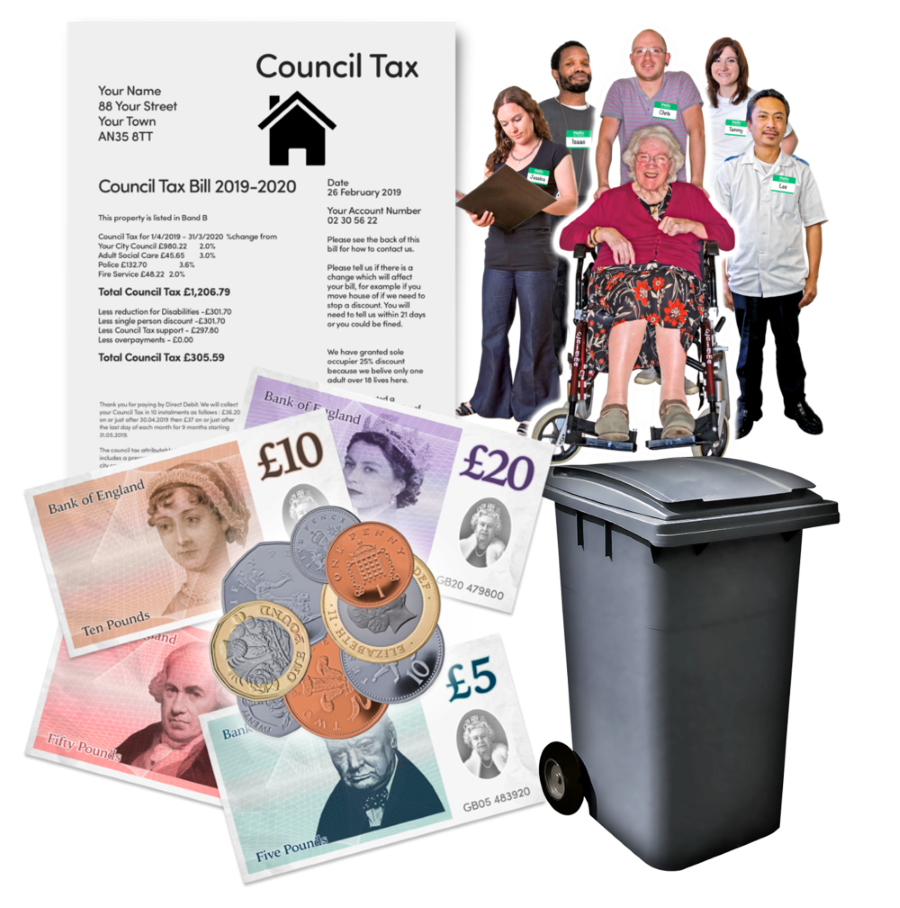 Council
Tax
Council
Tax
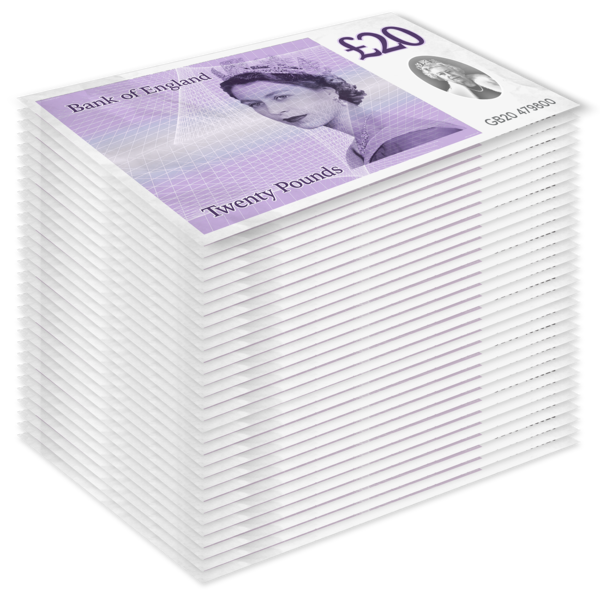 Tax is the money that pays for things like schools, hospitals and the police. There are different types of taxes like
income tax
Tax is the money that pays for things like schools, hospitals and the police. There are different types of taxes like
income tax
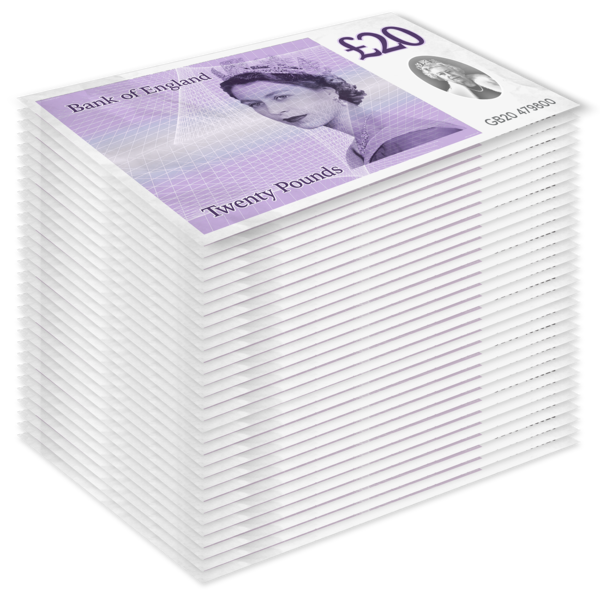 Income tax is the money that is taken out of the money you earn every month. It helps to pay for things we all need like hospitals and schools.
,
VAT
Income tax is the money that is taken out of the money you earn every month. It helps to pay for things we all need like hospitals and schools.
,
VAT
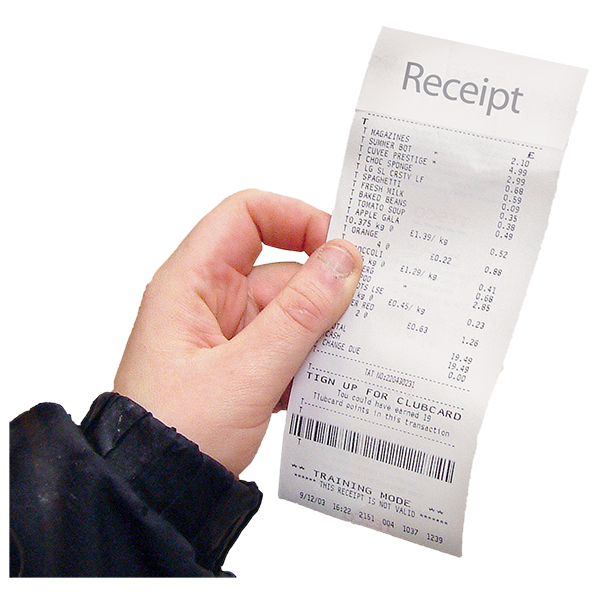 VAT is also called Value Added Tax. VAT is the extra money you pay when you buy things. The money goes to
the government
VAT is also called Value Added Tax. VAT is the extra money you pay when you buy things. The money goes to
the government
 The Government are the people who run the country. The Government decide how much tax people should pay and how things like the National Health Service (NHS) should work.
to pay for things like schools and hospitals.
and council tax.
is the money that people pay to the council. It helps to pay for things like social care (support for people), parks and dustbin collection.
bill
The Government are the people who run the country. The Government decide how much tax people should pay and how things like the National Health Service (NHS) should work.
to pay for things like schools and hospitals.
and council tax.
is the money that people pay to the council. It helps to pay for things like social care (support for people), parks and dustbin collection.
bill
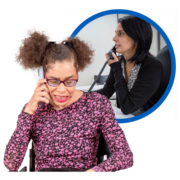
When you call the council ask for the Antisocial Behaviour team.
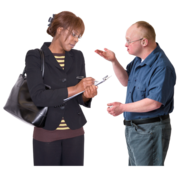
Tell them exactly what your neighbours did and when they did it.

When you speak to the council write down:
- the date
- the time
- the name of the person you spoke to.
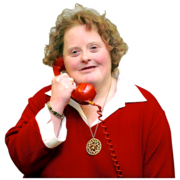
You can call the
Learning Disability
 A learning disability is to do with the way someone's brain works. It makes it harder for someone to learn, understand or do things.
Helpline if you need more help about antisocial behaviour.
A learning disability is to do with the way someone's brain works. It makes it harder for someone to learn, understand or do things.
Helpline if you need more help about antisocial behaviour.
Phone: 0808 808 1111

